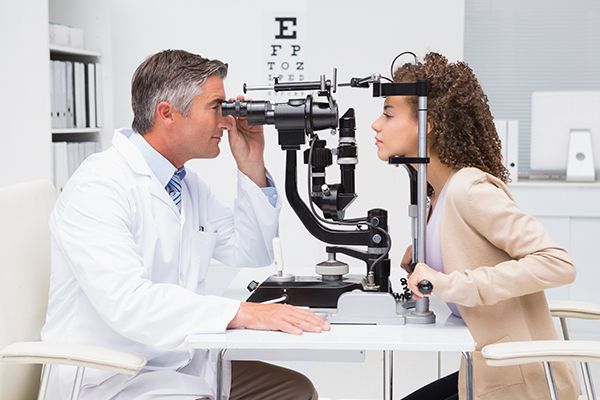An eye doctor can determine if you have dry eye. Dry eye happens when your eye does not produce tears correctly, or when the tears evaporate too quickly or are not of the proper consistency. It can make it more challenging to complete some activities, such as reading or using a computer for prolonged periods, and it can decrease tolerance for dry environments, such as the air inside an airplane.

Types of Dry Eye Treatments
Dry eye can be associated conjunctivitis, cosmetic surgery, or thyroid disease. Depending on the cause, our doctor here at Opti-Care may use several techniques to alleviate the indications. While dry eye can be controlled as a chronic disease, the priority is to determine if some other disease is the underlying cause. If it is, then that condition should be treated. Types of dry eye treatments include:
- Supplements or dietary sources of omega-3 fatty acids
- Punctal cautery to permanently plug the drainage holes
- Cyclosporine, a prescription anti-inflammatory medication
- Switching to a medication that does not cause dry eye side effects
- Temporarily block drainage holes at the inner corners of the eyelids
- Wearing different contact lens or reducing the number of hours you wear them
If left untreated, dry eye can result in scars on the cornea, ulcers, pain, or loss of vision although permanent vision loss from dry eye is uncommon. However, you should seek the attention of your optometrist they can determine if you are a candidate for dry eye treatment.
Contact Us Today
Patients who are experiencing symptoms of dry eye, including a gritty feeling or episodes of blurred vision, should schedule eye exams. Contact us today at (410) 795-8670 to schedule an appointment, or use our convenient online request form. We are happy to answer your eye care questions.